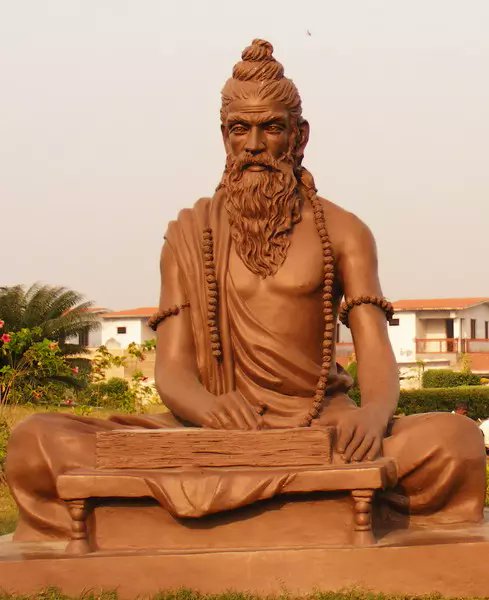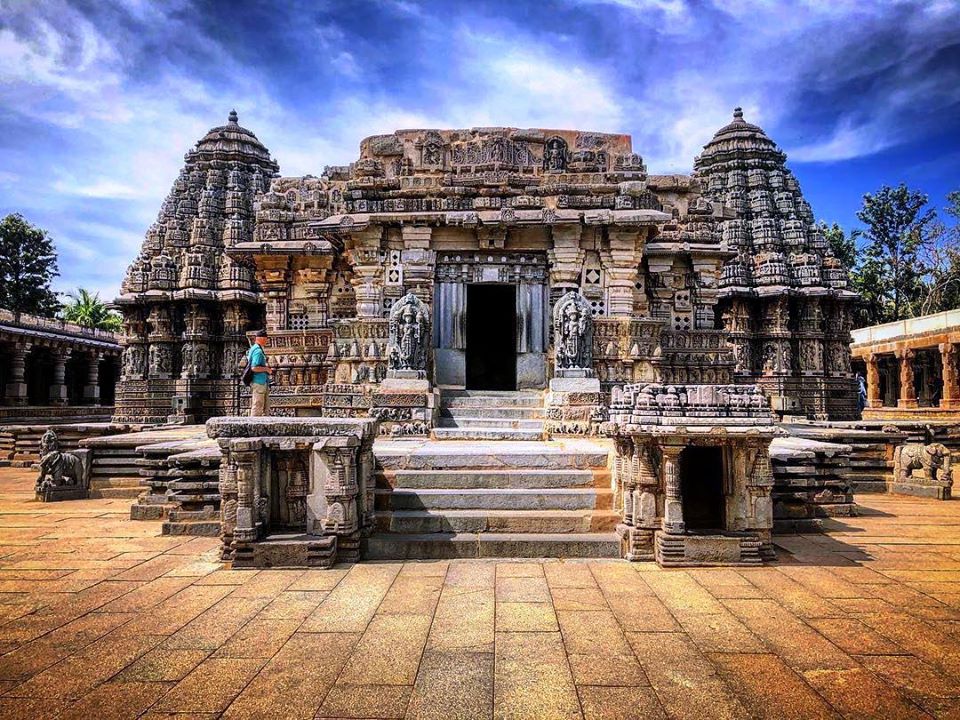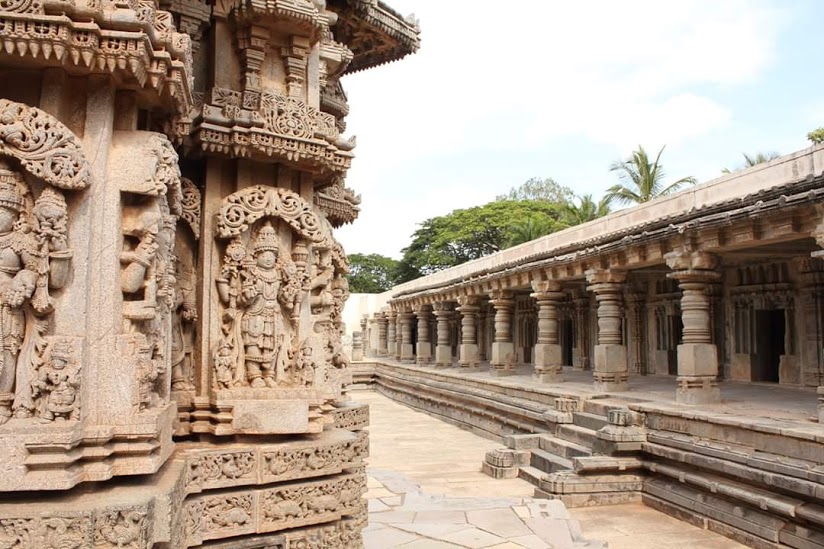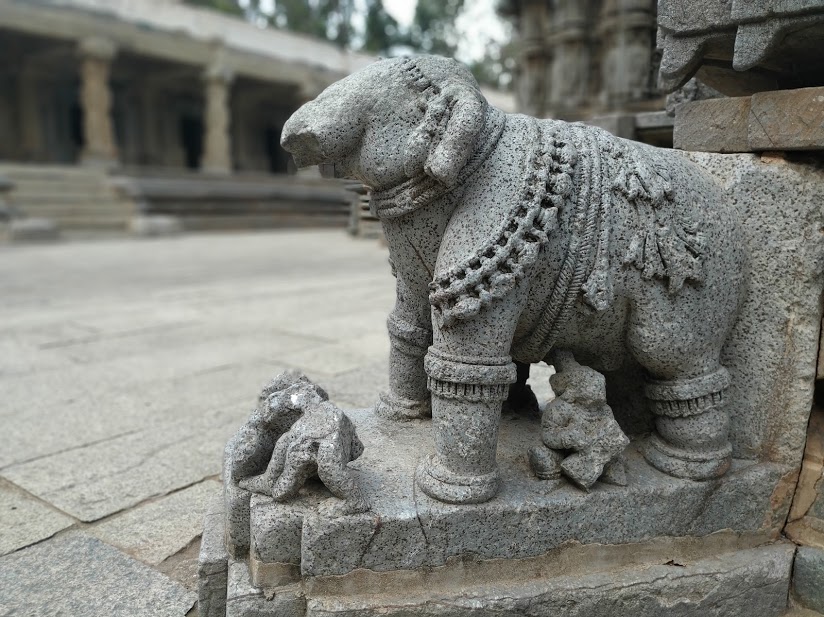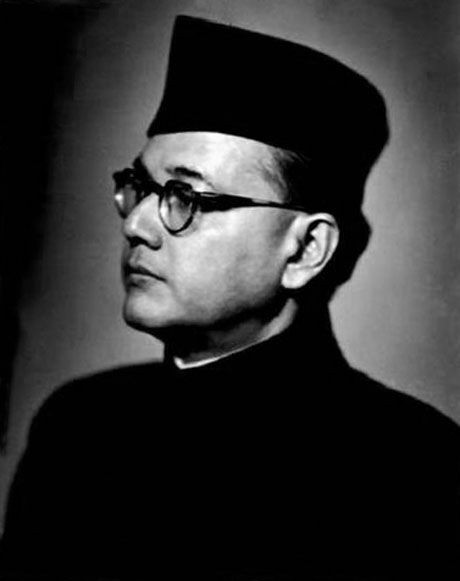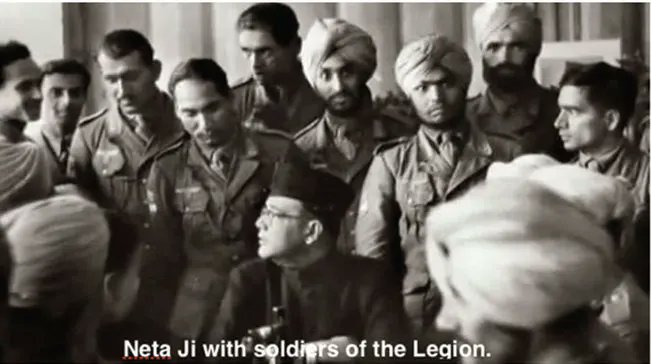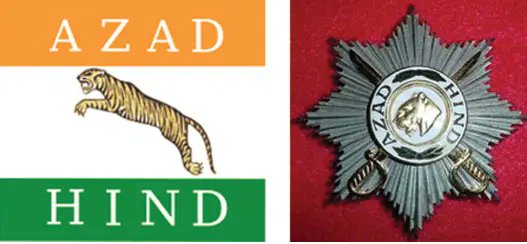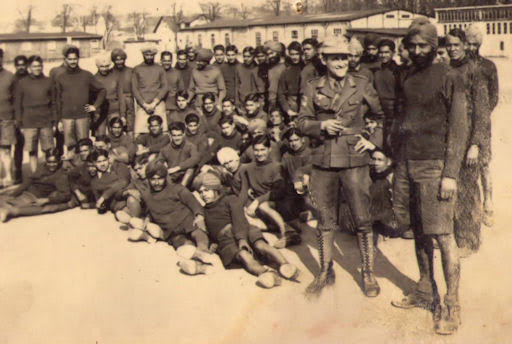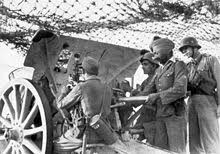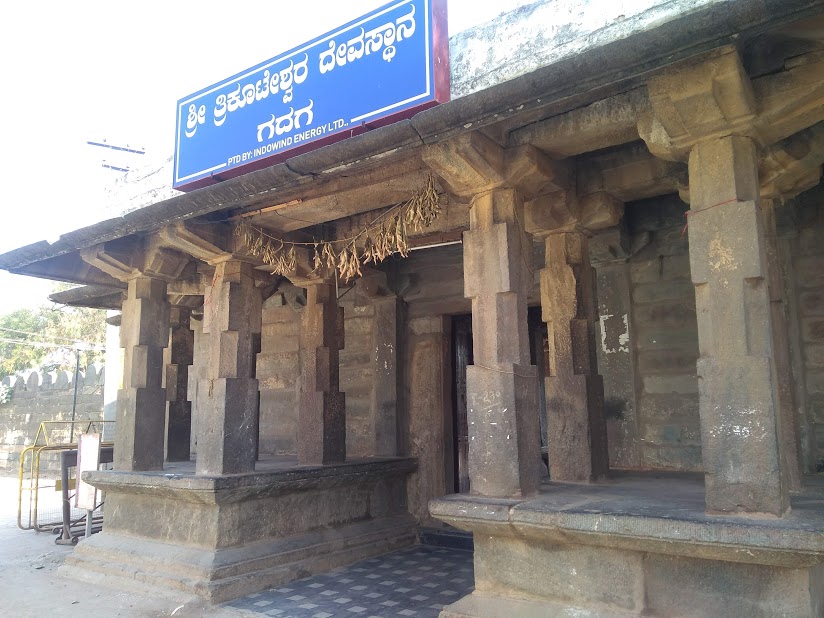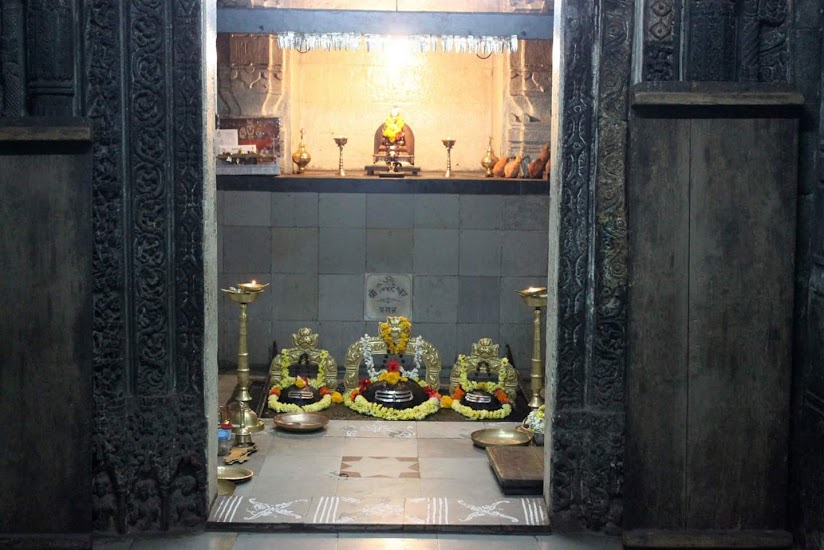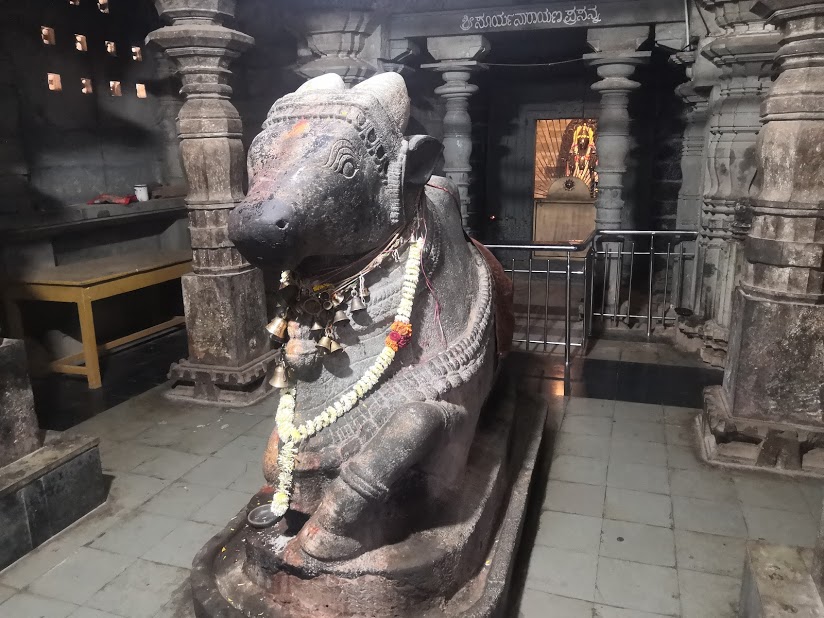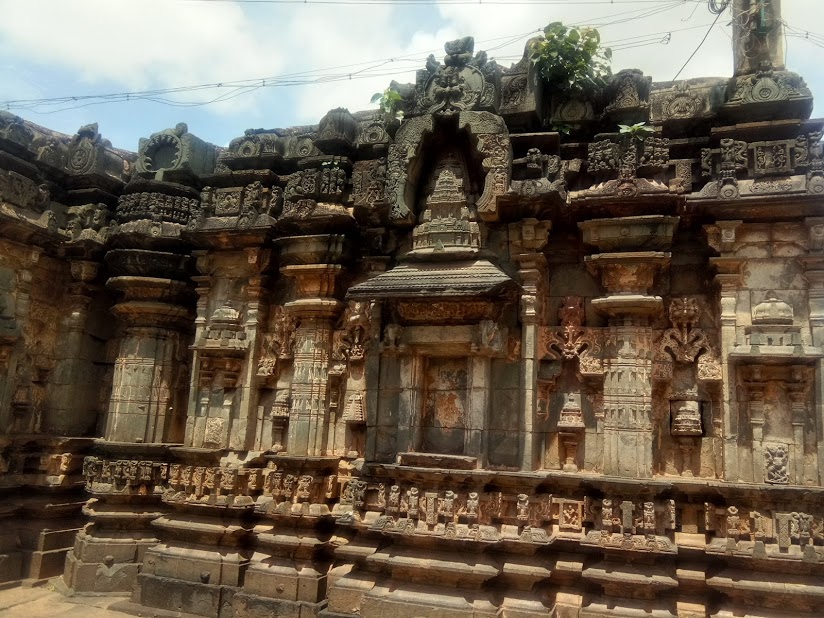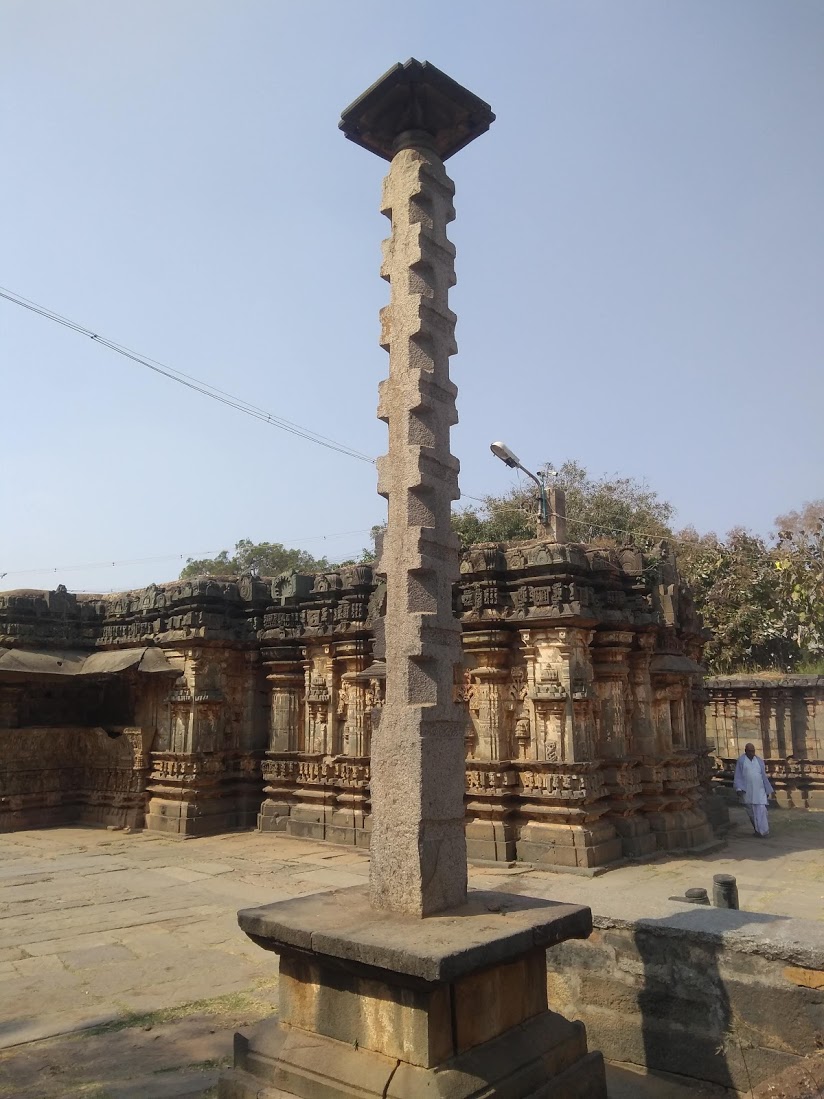
BHOJSHALA
What was once a center of learning with maata Saraswati as the presiding deity is a msqe today! We cannot blame the invaders. They did what they had to do. We failed to protect our heritage. The responsibility for the present state of affairs rests on our shoulders.



What was once a center of learning with maata Saraswati as the presiding deity is a msqe today! We cannot blame the invaders. They did what they had to do. We failed to protect our heritage. The responsibility for the present state of affairs rests on our shoulders.




Raja Bhoja (1000-1055 A.D.) of Paramara dynasty, a patron of learning, constructed a temple dedicated to goddess Saraswati and a center of education at Dhar which came to be known as Bhojshala.(1) 

Dhar is a small town near Indore in Madhya Pradesh and was the capital of Malwa, which comprised of west central Madhya Pradesh and south eastern Rajasthan today.(2)
The city was founded by Raja Bhoja who reigned over Malwa region in first half of 11th century.(3)
Remnants of Bhojshala or temple of Saraswati can be seen in the Kamal Maulana msqe, which was converted into a msqe by the later Mslm rulers of Dhar.(4) 

The msqe consists of a large open court with a porch in front, colonnades at sides, and a large prayer hall at the back in the west.(5)
The carved pillars used in the msqe and carved ceilings of the prayer hall belonged to Bhojshala. Compositions in Prakrit have been recovered from engraved slabs of stones fixed to walls of the mosque. Akin to the one at qutub minar complex.(6) 

These slabs contain 2 odes to Kurm avatara (tortoise incarnation) of lord Vishnu. 2 pillar inscriptions, one containing Sanskrit alphabets while other containing tenses of Sanskrit grammar, are also at the site.(7) 

Additionally there are 2 Sanskrit stanzas engraved on these pillars praising the successors of king Bhoja. The reverse side of 2 of the big black stone slabs forming the lining of the mehraab have inscriptions too.(8)
These inscriptions are a drama composition in classical Sanskrit. They were inscribed during the reign of Arjunavarma Deva (1210-18).(9)
This drama was composed in poetry by royal tutor Madana. The drama is called Karpuramanjari and was meant for performing during spring festival. It is in honour of Arjunvarma Deva whom he taught and whose court he graced.(10)
The play refers to wars between Paramaras and Chalukyas which ended via matrimonial alliances. A glimpse is given of the high states of civilization prevailing in Dhar which is described as a city of palaces having beautiful gardens with hills surrounding the city.(11)
The excellence of musicians and scholars of Dhara is also mentioned. Bhojshala was converted into a msqe somewhere in the 14th century.(12)
Dhar fell to the Delhi Sultans, starting with Alauddin Khilji. In 1390 CE, Dilawar Khan was appointed governor of Dhar during final years of Tuglaq dynasty but with decline of Delhi Sultanate, he declared himself independent and founded the Malwa Sultanate in 1401.(13) 

Presently Hindus have to share the praying space with Mlims, via an ASI order which has taken control of the structures. As the temple no longer exists in its original form, on Tuesdays Hindus are allowed prayers whereas Fridays are reserved for Mlims.(14) 



Image credits: Dr. Brajesh Kumar Pandey
• • •
Missing some Tweet in this thread? You can try to
force a refresh

